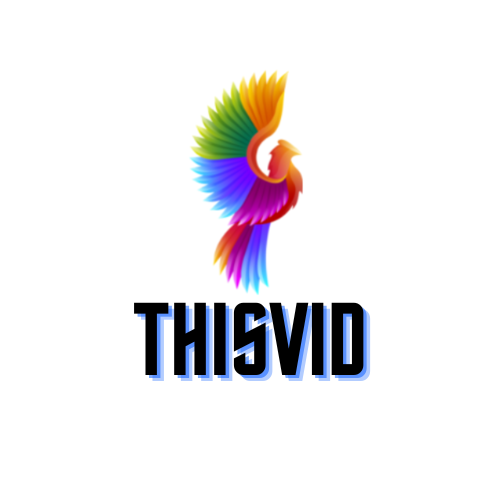Introduction
In today’s digital world, where the majority of businesses operate online, Search Engine Optimization (SEO) has become essential for any website to rank higher on search engines and increase its visibility. SEO can be confusing and overwhelming for beginners, but once demystified, it can unleash the hidden potential of your website and help you drive more traffic and sales. In this article, we will demystify SEO by explaining the basics, techniques, and tools that can help you optimize your website and improve your online presence.
What is SEO?
SEO is the process of optimizing a website to rank higher on search engine results pages (SERPs) for specific keywords. It involves both on-page and off-page optimization techniques that help search engines understand the content and relevance of a website. SEO aims to increase the quantity and quality of organic traffic to a website by improving its visibility, authority, and trustworthiness.
On-Page Optimization
On-page optimization refers to the techniques used to optimize the content, structure, and HTML code of a website’s pages. On-page optimization includes:
Keyword Research
Keyword research is the process of identifying the keywords and phrases that users search for in search engines. Keyword research helps to understand the intent behind the search and the competition for each keyword.
Content Optimization
Content optimization involves optimizing the website’s content for the target keywords by incorporating them naturally in the title, meta tags, headings, paragraphs, and images.
URL Structure
The URL structure should be simple, concise, and descriptive, including the target keyword if possible.
Page Speed
Page speed is a critical factor in SEO. A slow website can affect the user experience and increase the bounce rate.
Off-Page Optimization
Off-page optimization refers to the techniques used to improve the website’s authority, popularity, and relevance from external sources. Off-page optimization includes:
Link Building
Link building is the process of acquiring links from external websites to your website. High-quality links from authoritative websites can boost the website’s authority and improve its ranking.
Social Media Marketing
Social media marketing involves promoting the website’s content and building a following on social media platforms. Social media signals can indirectly influence the website’s ranking.
Local SEO
Local SEO focuses on optimizing the website for local search results. It includes optimizing the website’s Google My Business profile, getting local citations, and getting positive reviews.
SEO Techniques
There are several SEO techniques that can help optimize your website and improve its ranking. Here are some of the most effective ones:
Technical SEO
Technical HK SEO refers to the techniques used to improve the website’s technical structure and performance. Technical SEO includes:
Site Structure
The website’s structure should be well-organized and easy to navigate, with a clear hierarchy of pages and categories.
Mobile Optimization
The website should be mobile-friendly and responsive to different screen sizes.
Schema Markup
Schema markup is a type of code that helps search engines understand the content of a website better.
Content Marketing
Content marketing involves creating high-quality, relevant, and engaging content that appeals to the target audience. Content marketing includes:
Blogging
Blogging is an effective way to create fresh and relevant content that attracts users and builds the website’s authority.
Infographics
Infographics are a visual representation of information that can help attract users and improve the website’s backlink profile.
Link Building
Link building is a critical aspect of SEO that involves acquiring high-quality links from authoritative websites. Link building includes:
Guest Blogging
Guest blogging involves writing a blog post for another website in exchange for a link back to your website.
SEO Tools
To make SEO service easier and more efficient, several SEO tools are available that can help analyze, monitor, and optimize the website’s performance. Here are some of the most popular ones:
Google Analytics
Google Analytics is a free tool that helps track website traffic, user behavior, and conversion rates. Google Analytics provides valuable insights that can help optimize the website’s content and performance.
Google Search Console
Google Search Console is a free tool that helps monitor the website’s presence on Google search. Google Search Console provides information about the website’s search appearance, search traffic, and website health.
Ahrefs
Ahrefs is a paid tool that helps analyze the website’s backlink profile, keywords, and competitors. Ahrefs provides valuable insights that can help optimize the website’s content and backlink strategy.
SEMrush
SEMrush is a paid tool that helps analyze the website’s organic and paid search performance, keywords, and competitors. SEMrush provides valuable insights that can help optimize the website’s content and search strategy.
Conclusion
SEO is a complex and ever-evolving field that requires time, effort, and expertise to master. However, by following the best practices, techniques, and tools discussed in this article, you can demystify SEO and unleash the hidden potential of your website. Remember to focus on creating high-quality, relevant, and engaging content that appeals to your target audience, and always prioritize user experience and website performance. With dedication and patience, you can achieve higher rankings, more traffic, and better conversions.
